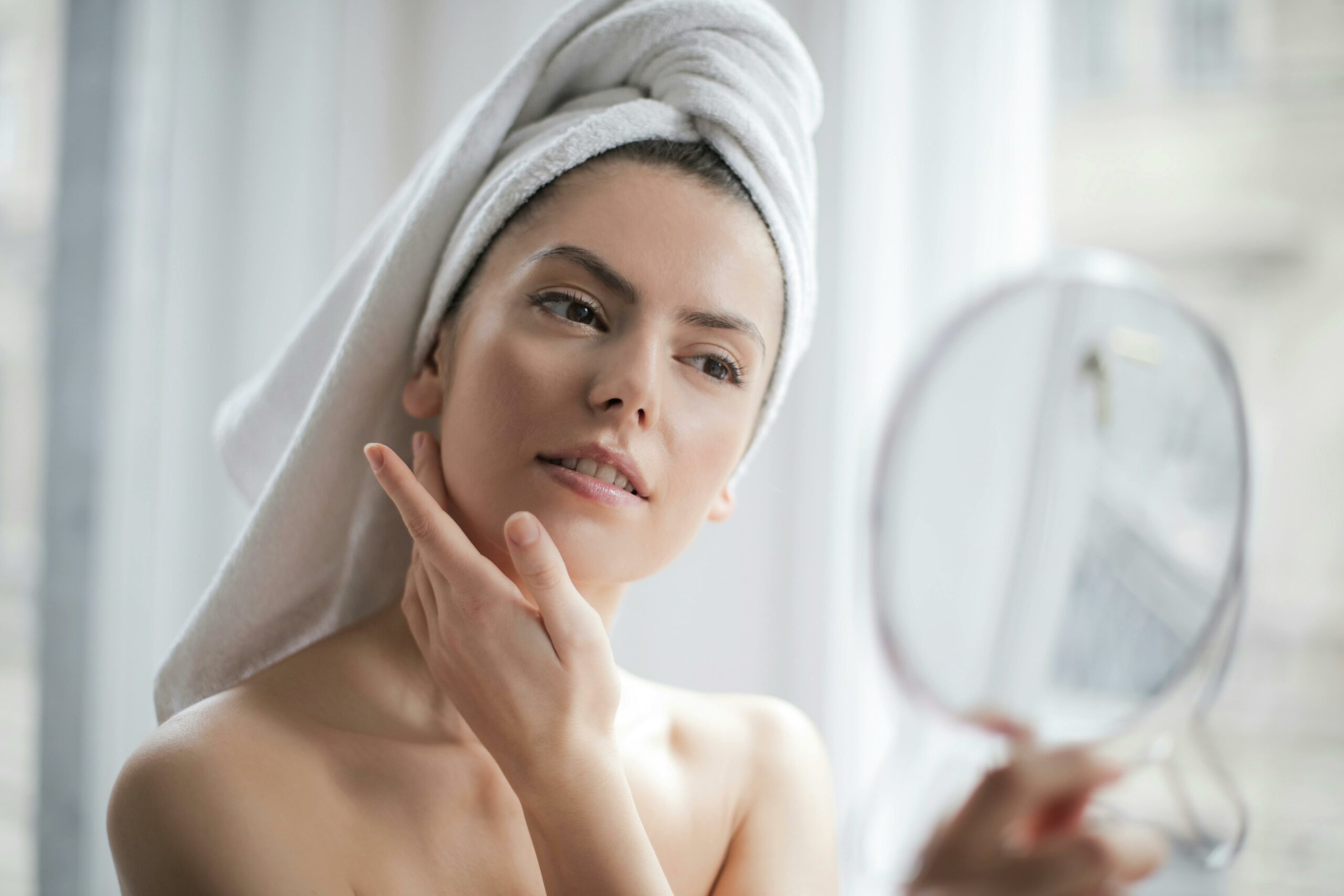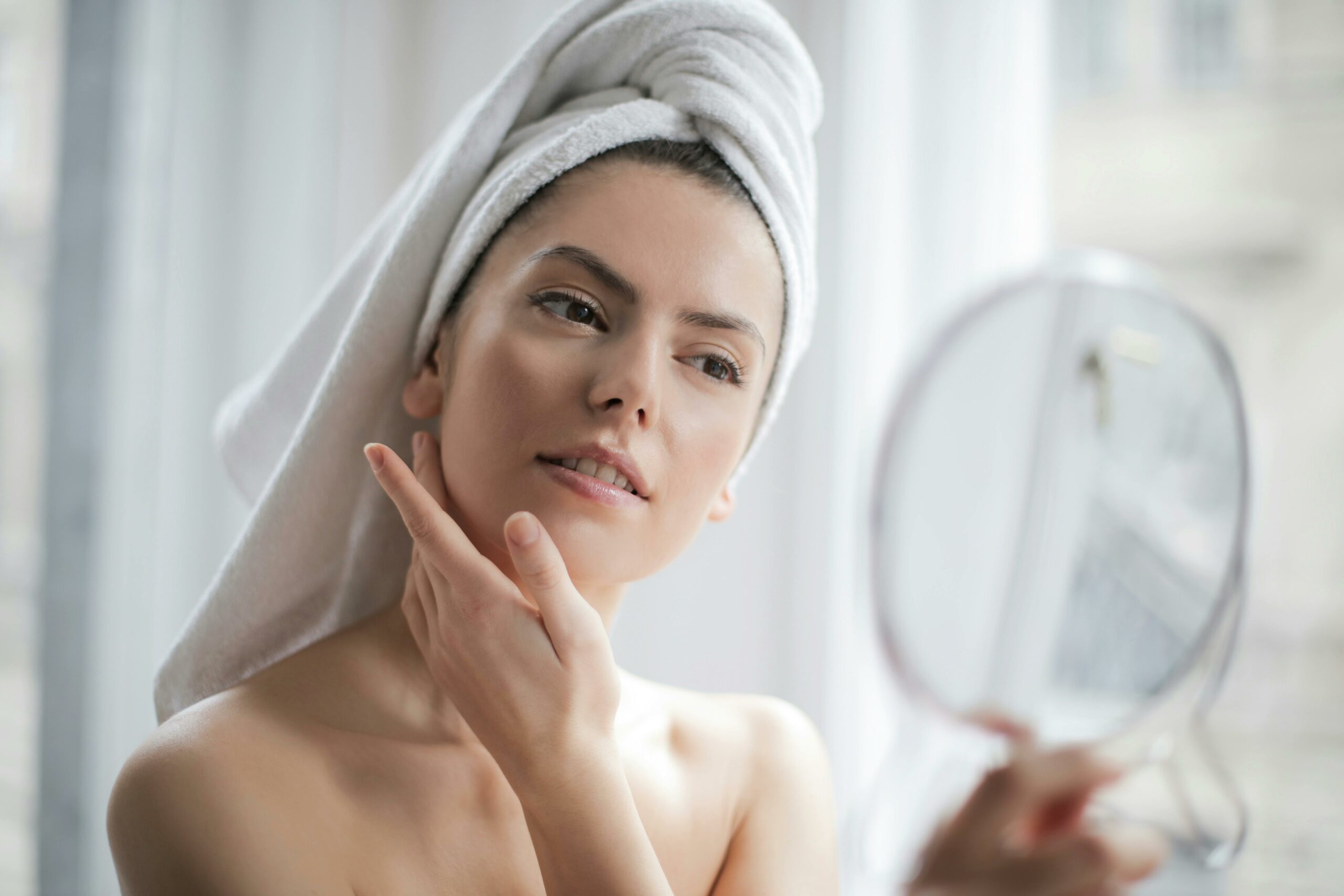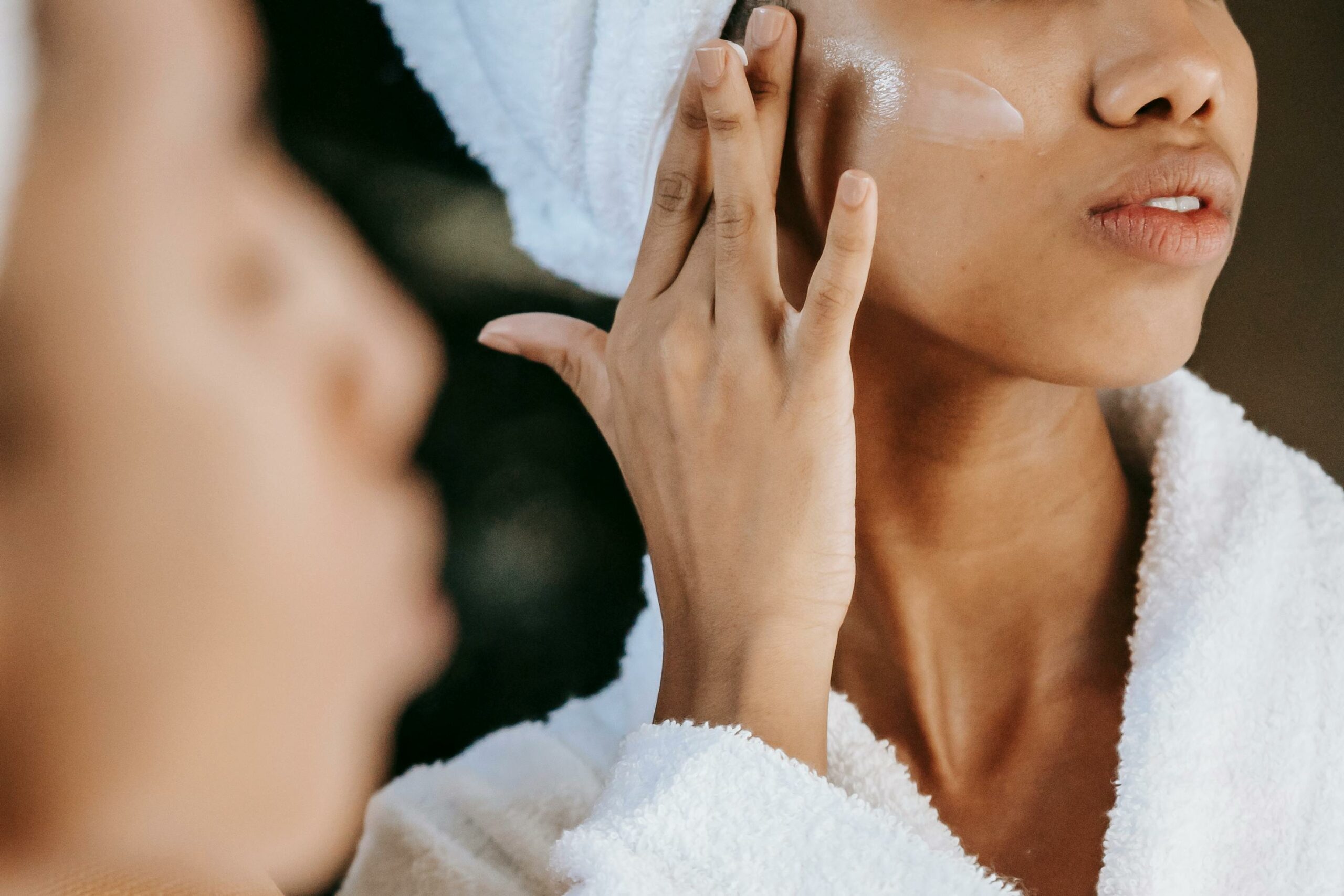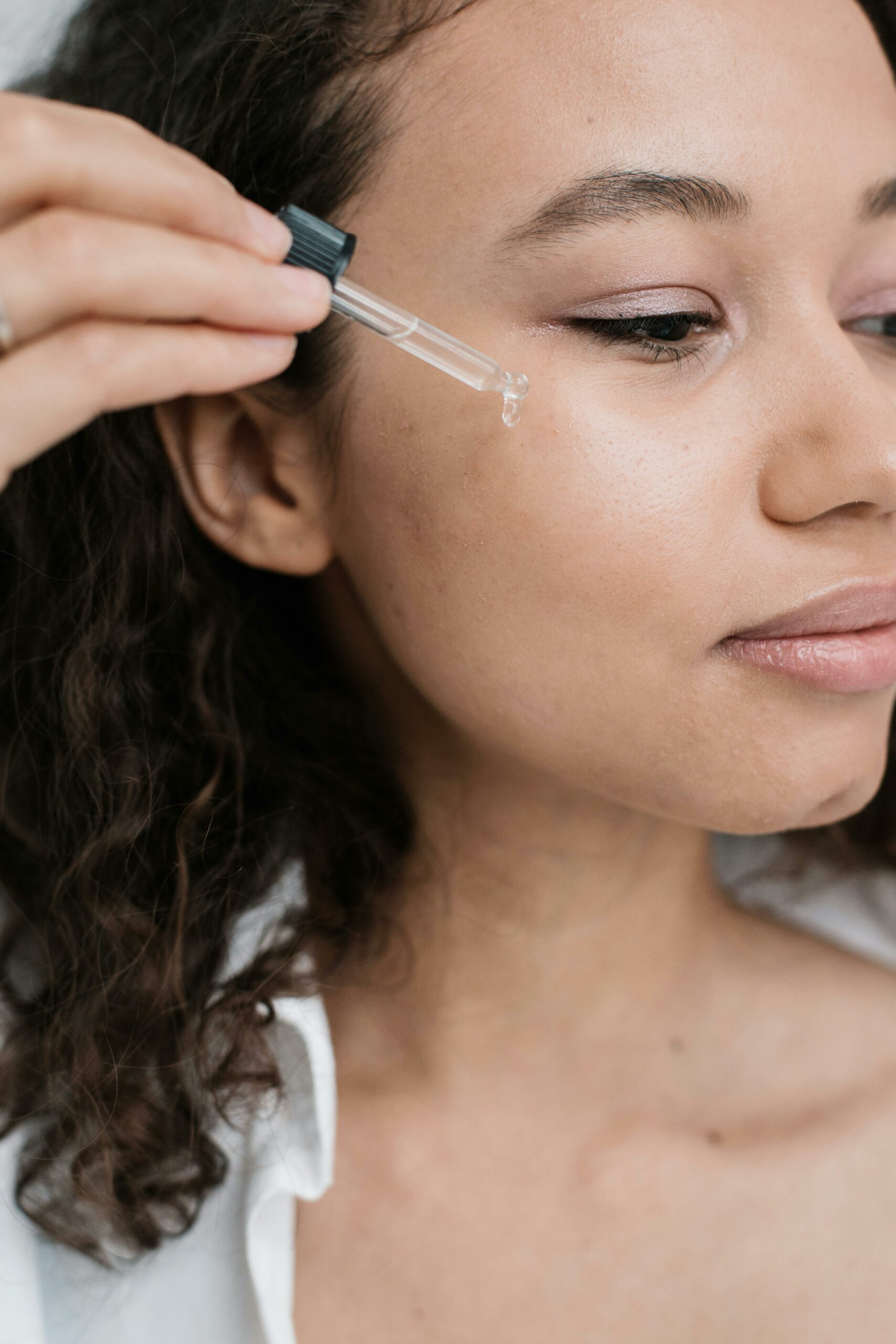Does a woman’s eye health deserve special attention? While we are told to frequently visit the optometrist and prioritise protective lenses, many women are unaware that they could be more prone to suffering visual deterioration.
In fact, a whopping two-thirds of all visual impairments occur in women. From glaucoma to macular degeneration, women are twice as likely to develop an eye-related condition in their lifetime, but the question is, why?
While women may be more susceptible to going blind, one in four women will not have visited an eye doctor in over five years. Read on as we delve into the theories behind female visual impairment, and share tips on how to pay attention to your own eye health.
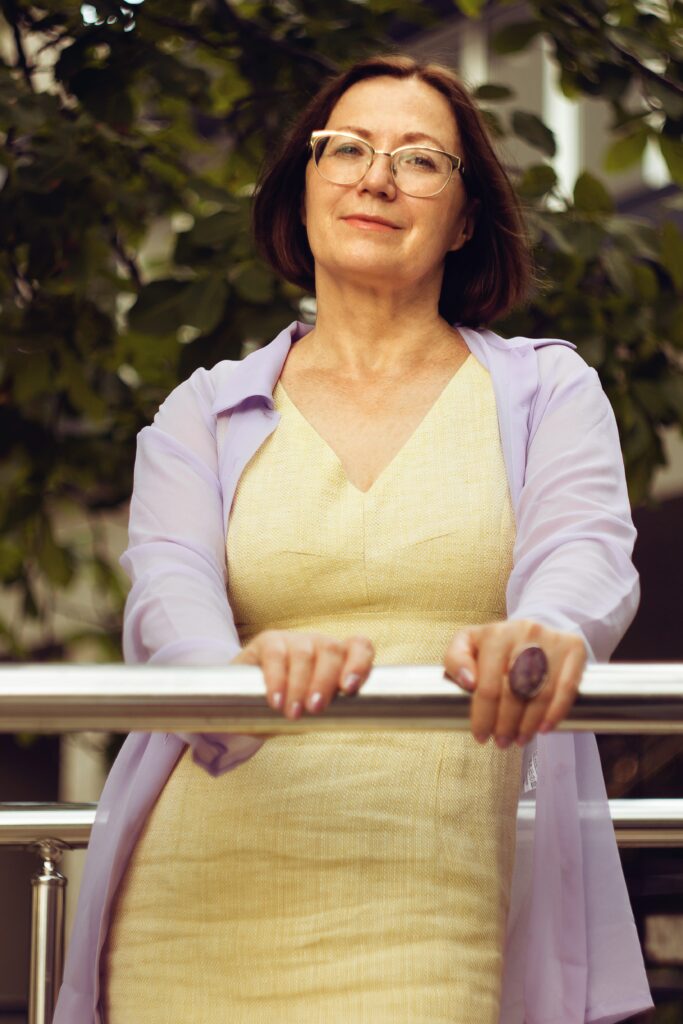
Are Women More Likely to Go Blind?
According to the University of Utah, less than 10% of women know that they are at greater risk of going blind than men.
Due to their typically longer life expectancy, women are at more risk of developing age-related eye diseases such as macular degeneration, cataracts and glaucoma. Also, with an increased chance of developing autoimmune conditions, women can typically experience sight deterioration as a result.
On top of this, female hormones are also to blame when it comes to predicting the likelihood of developing visual health problems. For example, as women enter menopause, they are twice as likely to develop dry eye, a condition that is triggered when hormones fluctuate.
“We want women to be engaged in caring for their eye health,” says Kathleen Digre, MD, of the University of Utah’s Moran Eye Center. “Women may be less likely to access health care for themselves, for example, if they forego regular exams to manage family concerns or take care of others instead of themselves.”
How Can Women Protect Their Vision?
There are, however, plenty of ways women can protect their visual health. While they may be more at risk of developing age-related eye conditions, prioritizing prevention from an early age could be the key to keeping your sight.
Here are three eye health essentials that every woman should remember when it comes to looking after their visual health.
Regular Checkups
This one may seem obvious, but many women refrain from receiving eye checkups due to either a busy schedule or simply a lack of interest. If your eyes feel perfectly healthy at 20, why bother getting them checked?
Well, according to the International Agency for the Prevention of Blindness (IAPB), in 90% of blindness cases, visual deterioration can be either treated or prevented purely by finding the cause for concern early.
“We’ve known for years that most blindness and visual impairment is avoidable, but this new data is particularly shocking: 9 out of 10 visually impaired people are living needlessly with sight loss that could be treated or could have been prevented,” says Kirsty Smith, Chief Executive of CBM UK. “These new figures highlight the urgent need to scale up sight-saving eye-health services, particularly in the world’s poorest places, and to make sure that they are accessible to everyone, regardless of age, gender, ethnic background or disability.”
Protective Lenses
Protective lenses are also essential in the battle to maintain your eye health. As one of the leading causes of visual deterioration, UV rays play a large role in contributing to early-onset eye diseases like cataracts and macular degeneration.
Therefore, in order to keep your eyes healthier for longer, it’s time to invest in a good pair of protective lenses. A whopping 27% of Americans don’t wear sunglasses at all, but the stats are slowly changing as we become more aware of our visual health.
When choosing a pair of sunglasses, most of us opt for lenses with a darker tint. However, while a darker lens is able to block visible bands of light, it’s still important to check that they are effective against UV rays too.
Polarised lenses also make a great deal of difference for anyone who spends a great deal of time outdoors. Whether you’re an avid sports player or simply want clearer vision when undergoing outdoor activities, polarised lenses help reduce glare, and filter reflected light.
If you find it hard to see right when you’re near snow, water or a long stretch of road, this could be down to these smooth surfaces reflecting glare from the sun. Investing in polarised sunglasses could be perfect for someone that wants to protect their eyes from harmful UV rays while still enjoying visual clarity in the outside world.
Maintaining a Healthy Diet
Last but not least, maintaining a healthy diet could be the eye health savour you’ve been looking for. While it may seem strange that your diet could affect your visual capabilities, prioritizing meals rich with omega-3 and vitamins C, E and A could build up your eyesight and prevent degenerative diseases.
Take fish, for example. Known as one of the best eye-health foods on the market, its omega 3-rich fatty acids aid visual development and can even repair retina damage behind the eye.
If you don’t believe us, a recent study by the Age-Related Eye Disease Study (AREDS) revealed that people who had high levels of omega-3 in their diet were 30% less likely to develop macular degeneration in the future.
For women especially, maintaining and vision-friendly diet can help prevent long-term eye conditions. Grouped together with protective lenses and regular checkups, there’s no reason why a women’s visual health can’t be as strong as a man’s.
“The more women know about their unique risks, the better. Make the time for regular eye exams—and in between, pay attention,” says Kathleen Digre. “If you experience pain, irritation, or anything unusual in your field of vision, get it checked out.”

